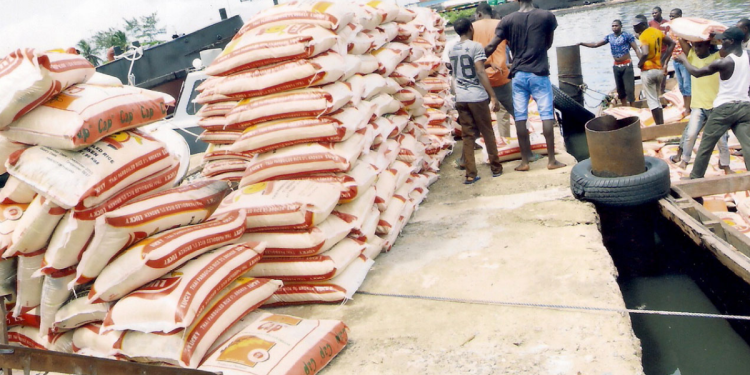Introduction
In a bid to combat the challenges of food insecurity and rising food inflation, the Federal Government of Nigeria has approved a 150-day duty-free window for the importation of key food commodities. This measure is part of the Presidential Accelerated and Stabilization Advancement Plan (ASAP), aimed at stabilizing food prices and ensuring sufficient food supply across the country.
Importation of Wheat and Maize
As part of this initiative, Nigeria will import 250,000 metric tonnes (MT) each of wheat and maize. These semi-processed food commodities will be distributed to small-scale processors and millers nationwide. This move aims to address immediate food supply shortages and support local food processing industries.
Duty-Free Import Window
Senator Abubakar Kyari, the Minister of Agriculture and Food Security, announced the approval of a 150-day duty-free window for the importation of maize, husked brown rice, and wheat. This suspension of duties, tariffs, and taxes for these commodities is intended to alleviate food inflation driven by both affordability and availability issues.
Implementation of the ASAP Plan

The Federal Government’s efforts under the ASAP plan include several strategic measures:
- Guaranteed Minimum Price (GMP): The government will engage with stakeholders to establish a GMP for key food commodities. This initiative aims to stabilize prices and ensure farmers receive fair compensation for their produce.
- Increased Production: There will be a focused ramp-up of production, particularly among smallholder farmers, during the 2024/2025 farming season. This will involve promoting the production of fortified food commodities to enhance nutritional value.
- Strategic Food Reserve: The government plans to mop up surplus food commodities to restock the National Strategic Food Reserve. This will help ensure a stable food supply in times of scarcity.
- Recommended Retail Price (RRP): Imported food commodities will be subjected to an RRP to maintain affordability for consumers.
Collaborative Efforts
The Minister of Agriculture emphasized that the Ministry, in collaboration with the Presidential Food Systems Coordinating Unit and the Economic Management Team (EMT), will finalize the implementation framework for these policy initiatives within the next 14 days. The EMT has been actively working on the best strategies to achieve optimal results for Nigerians, holding meetings day and night to fine-tune the implementation plans.
SEE ALSO: Five Core Business Areas Where AI Can Drive Revenue
Conclusion
The Federal Government’s decision to approve a 150-day duty-free window for the importation of essential food commodities is a significant step towards addressing food insecurity and inflation in Nigeria. This move contrasts with the Presidency’s earlier stance on food imports, which advocated for self-sufficiency. However, given the current challenges, this temporary measure aims to stabilize the food supply and provide relief to Nigerian consumers while long-term strategies for sustainable agriculture are developed and implemented.



